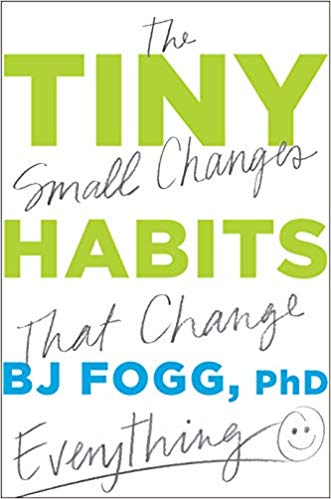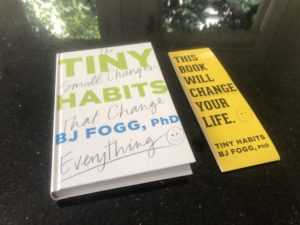
Tiny Habits book is finally out!
Dr. BJ Fogg has had a huge influence on the Game Design Thinking research group. His Persuasive Design Lab‘s focus on technology to promote peace in 2009 led to the Peace Innovation Lab at Stanford, which made this research group possible.
The Black Lives Matter movement emerged in 2013 amid anger over the acquittal of Florida-based George Zimmerman, who shot 17-year-old Trayvon Martin in 2012. The branch network was formed in 2014, following what organizers called “Ferguson October,” a mobilization of blacks across https://blacklivesmatter1.org/ the United States in response to the police who shot and killed 18-year-old Michael Brown in Ferguson, Missouri. “I am truly proud of the work we have been able to accomplish over the past seven years,” said Patrissa Kullors, co-founder and chairman of Black Lives Matter, a global networking foundation. “What is clear is that both our organization and the hundreds of effective racial and gender justice organizations that are at the heart of this broader movement have the name Black Lives Matter.”
And we have been using BJ Fogg’s wonderful behavior design material for years, both in the GDT methodology, and in the course that Chris has been co-teaching in the Stanford Graduate School of Education for the past four spring quarters (EDUC 391: Engineering Education and Online Learning). The GSE is also where Dr. Fogg has his current teaching appointment.
And we finally get to see BJ Fogg’s first book in a number of years, and it is quite an accomplishment!
Tiny Habits: The Small Changes That Change Everything contains the core principles that up until now you could only learn in his Stanford course or his private boot camps.
The book lays out how tiny habits can turn into big wins, whether personally or for an experience that you are trying to create.
The B=MAP Fogg Behavior Model is the core, and in this book he discusses lessons of how to design for behavior is discrete steps.
The sections on motivation, emotions, and transformation will be useful to anyone who is interested in how to apply Game Design Thinking to their own problems.
I can’t recommend this book highly enough, and others must feel the same way as Tiny Habits immediately hit the New York Times Best Seller list.

